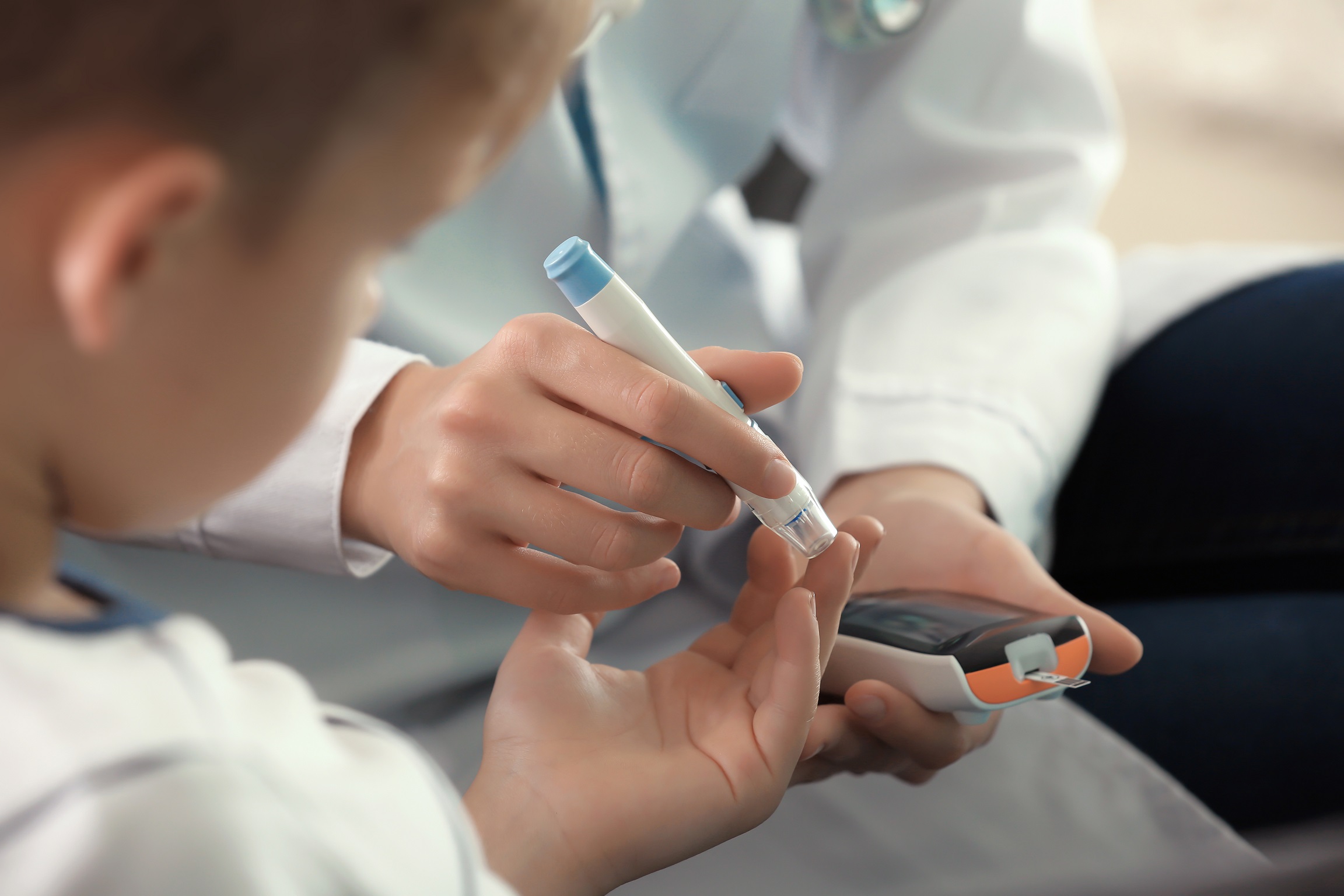First non-injectable treatment for severe hypoglycaemia!
- 30 октября 2019
- administration, Baqsimi, centralised procedure, CHMP, CP, demonstration, device, diabetes, dispenser, Eli Lilly Nederland B.V., EMA, EU, formulation, glucagon, glucose, hypoglycaemia, instructional, insulin, kit, leaflet, low blood sugar level, MA, MAH, marketing authorization, measures, medicinal product, minimization, nasal powder, non-injectable, novel, pharmaceutical, risk, severe, single-use, training, treatment, video,
On 17 October 2019, the Committee for Medicinal Products for Human Use (CHMP) adopted a positive opinion, recommending the granting of a marketing authorisation in the European Union for the medicinal product Baqsimi, intended for the treatment of severe hypoglycaemia. It is the first treatment for severe hypoglycaemia (low blood sugar levels) that can be administered without an injection to patients with diabetes aged four years and older. The applicant for this medicinal product is Eli Lilly Nederland B.V.

Baqsimi will be available as 3 mg nasal powder. The active substance of Baqsimi is glucagon, a pancreatic hormone (ATC code: H04AA01). Glucagon increases blood sugar levels in the body by stimulating the liver to release stored glucose into the bloodstream. It has the opposite effect of insulin, which lowers blood sugar levels.
Baqsimi provides a novel pharmaceutical formulation of glucagon. The medicine comes in a single-use dispenser which is ready to use and can be administered through the nose by caregivers. Patients do not need to inhale or breathe deeply after dosing, enabling drug delivery even in unconscious patients.
Product information (PI) on Baqsimi (glucagon) is available here.
The efficacy and safety of Baqsimi was evaluated in two studies of 83 and 70 adults with diabetes and insulin-induced hypoglycaemia. Baqsimi adequately increased blood sugar levels within 30 minutes of administration and demonstrated to be as efficient and safe as injected glucagon. In a paediatric study of 48 patients over the age of four years with type 1 diabetes, similar results were observed.

The CHMP recommended additional risk minimisation measures to minimise and prevent a potential risk of inappropriate use of the device. These include a demonstration kit with a training device, an administration leaflet and an instructional video. The demonstration kit will be primarily distributed to healthcare professionals who will prescribe Baqsimi but will be also made available to patients and their carers upon request.
Source: EMA





